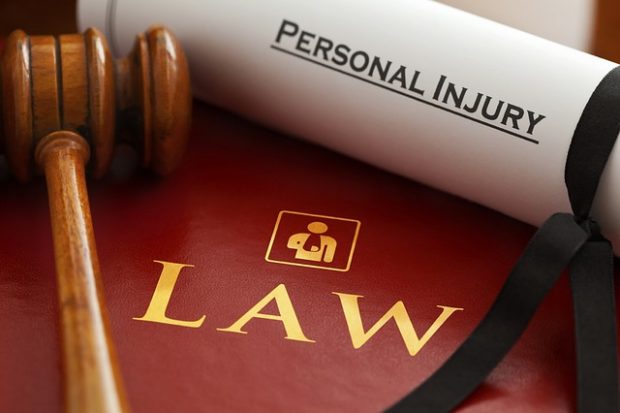What Types of Damages Can I Recover from a Personal Injury Claim?
If you’ve been injured in an accident, you may be entitled to compensation through a personal injury claim. Personal injury claims aim to make the injured party whole by covering the various damages incurred due to the accident. Navigating the legal landscape can be complex, but understanding the types of damages available can help you better prepare for the process. Here are the primary categories of damages you might recover in a personal injury claim.
Economic Damages
Economic damages refer to the quantifiable financial losses you have suffered as a result of the injury. These damages are typically straightforward to calculate and document. Some common types include:
- Medical Expenses: This includes all costs associated with your medical treatment, such as hospital bills, surgical costs, medication, rehabilitation, and any future medical care you may require.
- Lost Wages: If your injury prevents you from working, you can claim compensation for the wages you’ve lost during your recovery period. This can also extend to any future earnings you might lose if your ability to work has been permanently impacted.
- Property Damage: If your personal property was damaged in the incident causing your injury—such as a vehicle in a car accident—you can recover the cost of repairs or replacement.
- Out-of-Pocket Expenses: Any additional costs you have incurred due to the injury, such as travel expenses for medical appointments or costs of household services, can also be claimed.
Non-Economic Damages
Non-economic damages are more subjective and less tangible than economic damages. According to the Las Vegas personal injury lawyers at Harris & Harris Injury Law, these are harder to quantify but are equally important in giving a full picture of the impact the injury has had on your life. Common types include:
- Pain and Suffering: This is compensation for the physical pain and emotional distress you have experienced due to the injury. It covers both the immediate aftermath of the accident and any long-term suffering.
- Emotional Distress: Beyond physical pain, many victims suffer from conditions like anxiety, depression, or PTSD following a traumatic event. Compensation for emotional distress takes these experiences into account.
- Loss of Enjoyment: If your injury prevents you from enjoying hobbies, recreational activities, or other forms of enjoyment you previously engaged in, you may be entitled to compensation for that loss.
- Loss of Consortium: This refers to the adverse impact on your relationship with your spouse or family members. If your injury has affected your ability to maintain a healthy, loving relationship, your spouse might also be able to claim damages.
Punitive Damages
While compensatory damages aim to make the injured party whole, punitive damages are intended to punish the wrongdoer and deter similar conduct in the future. These are less common and usually only awarded in cases where the defendant’s conduct was particularly egregious or reckless. In Nevada, for example, for punitive damages to be awarded, there must be clear and convincing evidence that the defendant engaged in gross misconduct.
Comparative Negligence
Nevada follows a modified comparative negligence rule. This means that you can still recover damages even if you were partially at fault for the accident, as long as you are not more than 50% responsible. However, your compensation will be reduced by your percentage of fault.
How Long Do I Have to File a Personal Injury Claim?
It’s crucial to be aware of the statute of limitations for personal injury claims. For example, in Nevada it is generally two years from the date of the injury. Failing to file within this timeframe typically bars you from seeking compensation. So be aware of local filing requirements.
Understanding the various types of damages available can help you more effectively pursue a personal injury claim. While each case is unique, knowing what to expect in terms of compensation can better prepare you for the legal journey ahead. Always consider consulting with a specialized personal injury attorney to guide you through this intricate process.


